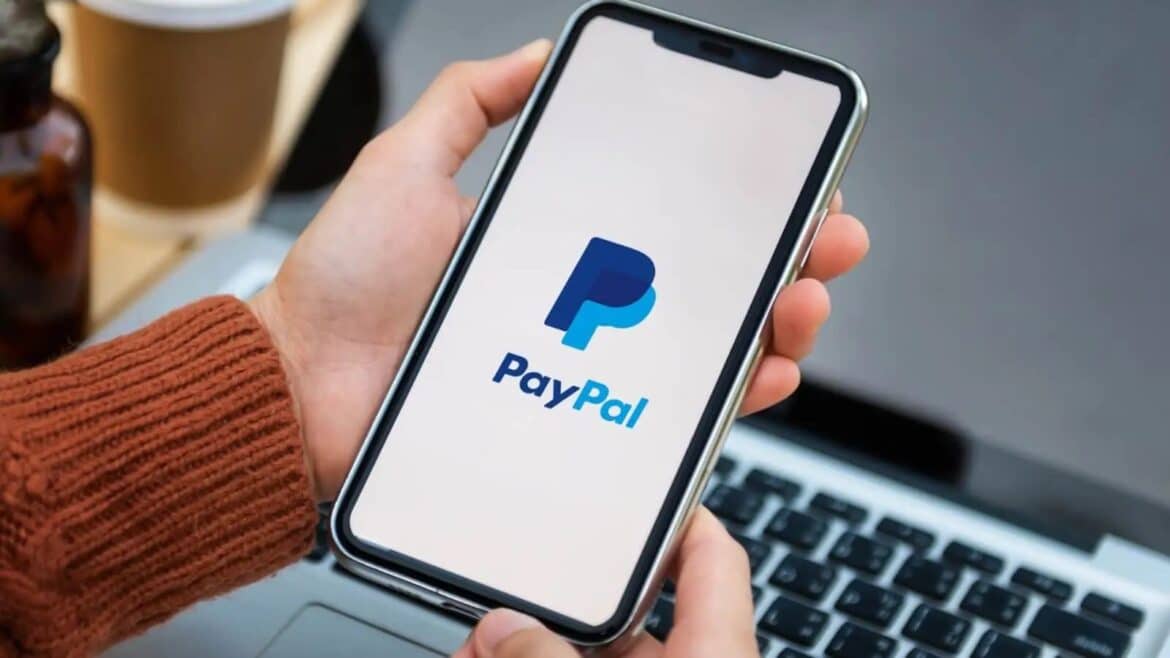411
If you suddenly receive an email from PayPal asking you to verify your identity, you should assume that it is spam.
“Please verify your PayPal account”: Real or fake?
Verifying your PayPal account completes the setup process. Your personal information is confirmed so that other PayPal users can see that you are a real person.
- Unfortunately, in the past, fake emails have often been sent out that exploit this very fact. The senders pretend to be PayPal and ask for your personal information or try to trick you into opening a website.
- Such spam emails are not always easy to recognize and can cause a lot of damage. In the best case scenario, you will only get a virus, but in the worst case, your personal data will be stolen and your cyber security will be potentially compromised.
- The design of the emails in particular often leads to a trap. Furthermore, up-to-date graphics and images, as well as a professional-looking layout, may be used. This is very reminiscent of the PayPal design.
- It is not uncommon for emails to be sent suddenly and for no real reason. This can be an indication of a possible spam message.
- Warning: There are other fake emails, as scammers are always looking for new scam methods. Subject lines such as “Action required: Account restricted – 24-hour deadline” or “Act now before your account is blocked” should be moved to your spam folder immediately.
PayPal verify scam: How to recognize fake emails
If you are unsure whether an email is genuine or fake, pay attention to the following criteria:
- If you have been using PayPal for some time and have already verified your account, you can delete the email immediately. Further verification is not necessary after the initial verification.
- Additionally, log in to your PayPal account without clicking on any hyperlinks in the email and check whether your account is verified. You can do this via the PayPal Wallet. If you find confirmed payment methods, your account is usually verified.
- You should also check the email carefully to make sure it is a genuine PayPal message. First, check the sender. If it does not end with “@paypal.com,” it is a fake.
- However, this feature can also be falsified. An email from the address “@paypal.com” is therefore not automatically from PayPal. If the email address also contains strange numbers or number combinations, it can be assumed that it is a fake.
- Pay attention to the salutation. If it does not contain your correct first and last name, but instead addresses you as “User” or “Dear [your email address],” it is likely a phishing email.
- Links are particularly telltale. Right-click on them and copy them. Then paste them into another location and check whether they really lead to the website “https://www.paypal.com/…”.
- However, never click on a link with the left button of your mouse. This is the only way to be on the safe side.
- Unknown attachments that you have not expected or requested are also dangerous. Do not open them or download them. This will prevent viruses from infecting your computer.
- Tip: You can also simply enter the email address into a search engine to check whether other people have already reported it.
PayPal scam: Don’t verify, take action
PayPal will never ask for your details via email. If you are still unsure whether it is really a scam, there are several steps you can take to resolve the issue.
- Simply contact PayPal support. They can tell you directly whether it is a genuine email from PayPal.
- If you have fallen for a spam email, you should also contact PayPal. You may be advised to change your password and take further measures.
- You can report scam emails to PayPal at [email protected]. This will enable the payment service to take action against the fraudsters.
- If you suspect an attempt at fraud, you should then change your PayPal password. This will make it more difficult for anyone else to access your account. If you use a password manager, update it as well.
- If you have not yet set up two-factor authentication for your PayPal account, you should definitely do so. It is also helpful to check your PayPal account regularly.
- Note: If your data has been misused or fraud has occurred, be sure to file a criminal complaint with the police. This can provide additional security.

